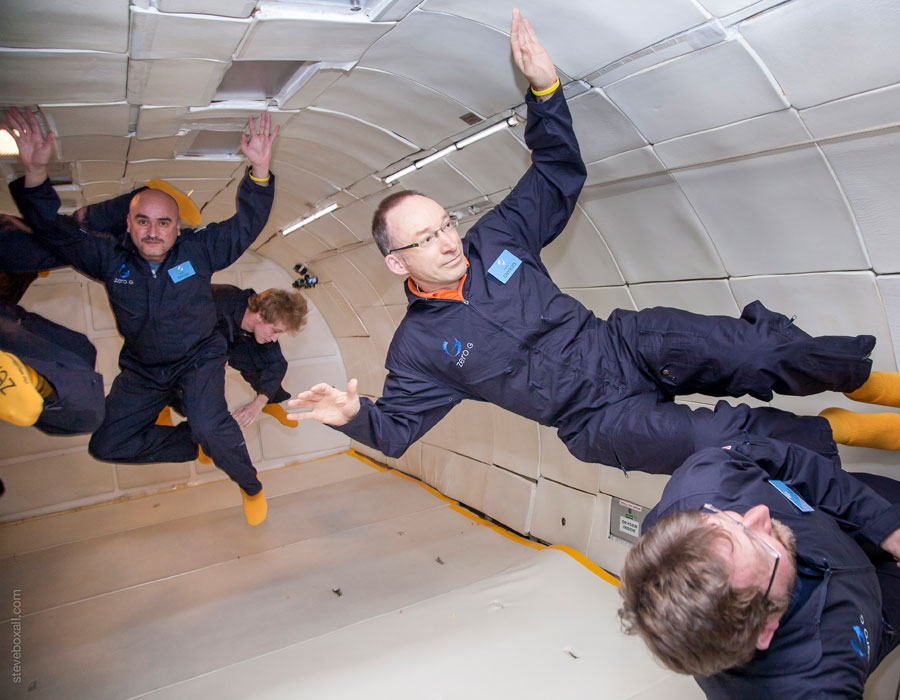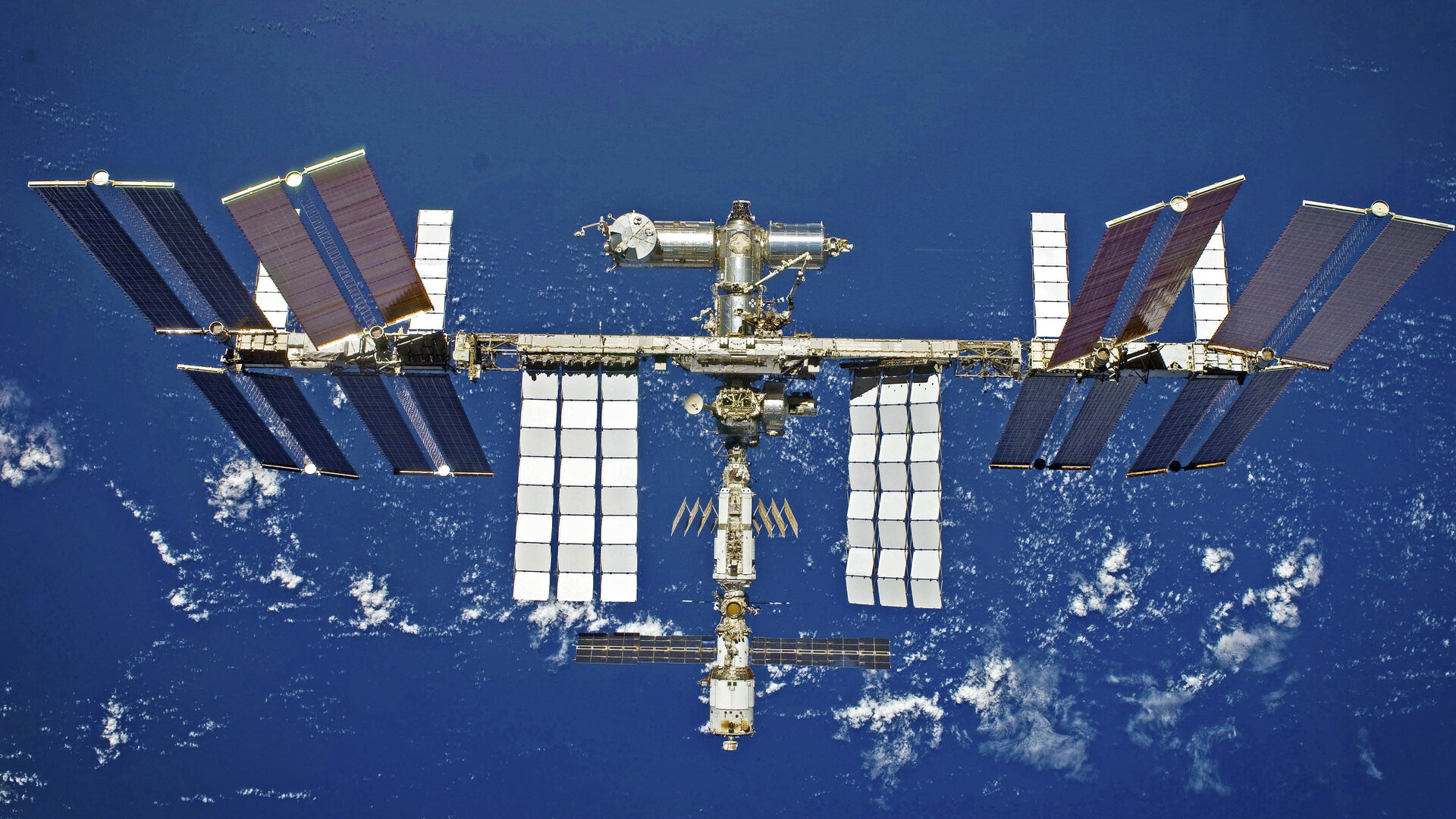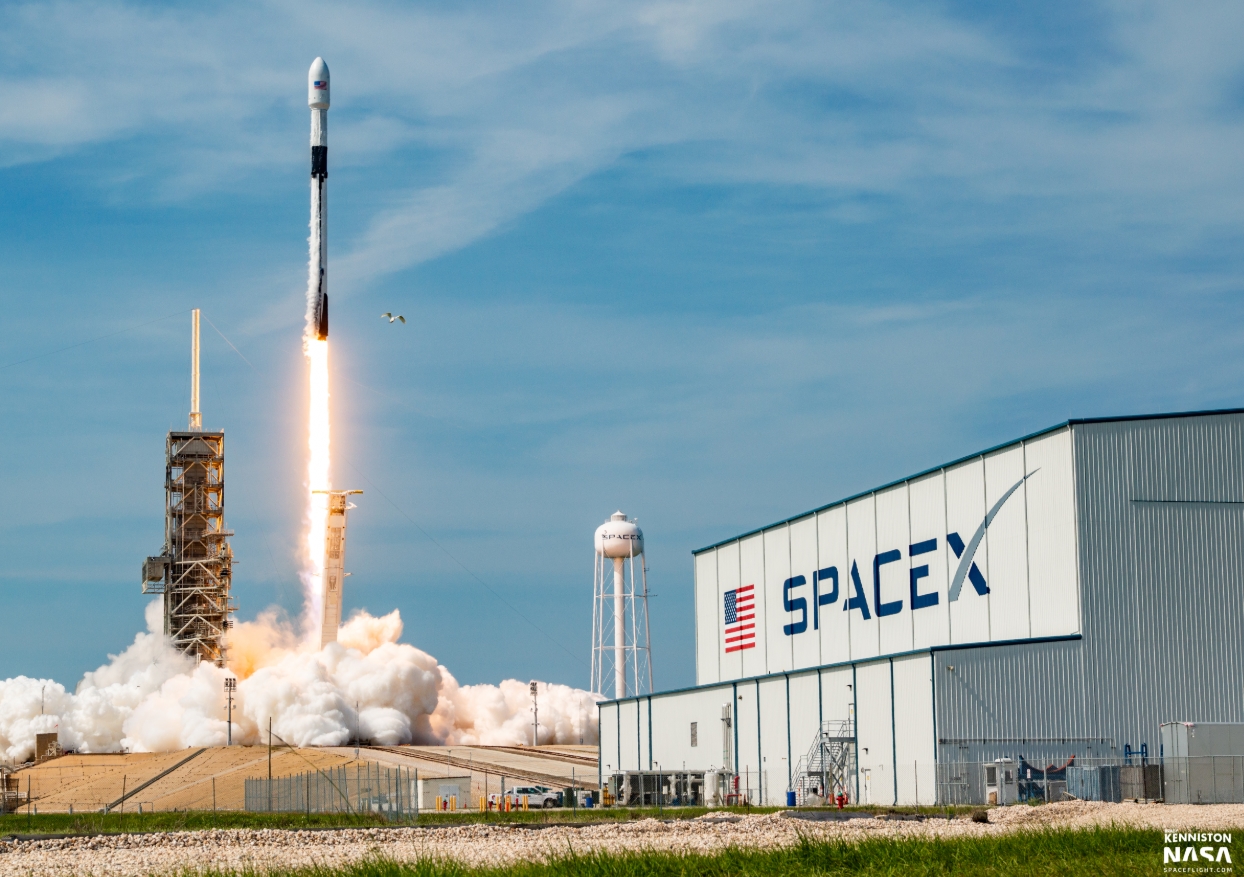
SpaceX To Send Cannabis And Coffee To The International Space Station Next Year
Elon Musk’s SpaceX has teamed up with a research lab in Colorado to send marijuana and coffee plants up to the ISS (International Space Station) in March 2020.
The mission is going to test if zero gravity will mutate or genetically alter the plants, so presumably, someday you can have CBD and Coffee on Mars.

The Front Range Biosciences, an agricultural biotech company that breeds genetically consistent hemp and coffee varieties, has partnered with Space Cells and the University of Colorado to send 480 plant cell cultures in an incubator that is made for space.
The plants are going to be transported through a SpaceX cargo flight that will launch on March 2020 to resupply the International Space Station.
The plants are going to be contained in a special incubator with regulated temperature for nearly 30 days.
A team of astronauts on the ground is going to monitor the plants for 30 days before they get transported back to earth.
Jonathan Vaught, the co-founder and CEO of the Front Range Biosciences, said, “This is the first time anyone is researching the effects of microgravity and spaceflight on hemp and coffee cell cultures.”

Jonathan added, “There is science to support the theory that plants in space experience mutations. This is an opportunity to see whether those mutations hold up once brought back to earth and if there are new commercial applications.”
When the cells return back to Earth, the Front Range Biosciences is going to examine the samples to see how microgravity and space radiation exposure alters plants that are grown outside our planet.
Reggie Gaudino, the Vice President of Research and Development at the Front Range, said, “We are excited to learn more about both hemp and coffee gene expression in microgravity and how that will inform our breeding programs.”

The new plan is one of the first steps toward producing interstellar pot or coffee, and will reportedly help design more resilient crops that are hardly hit by climate change.
In the future, people want the crew of the ISS to harvest and preserve the plants at different points in their grow-cycle. The data collected from that plan will be analyzed to see which metabolic pathways are turned on and turned off.
Hopefully, the crew of the ISS will not light up a joint.